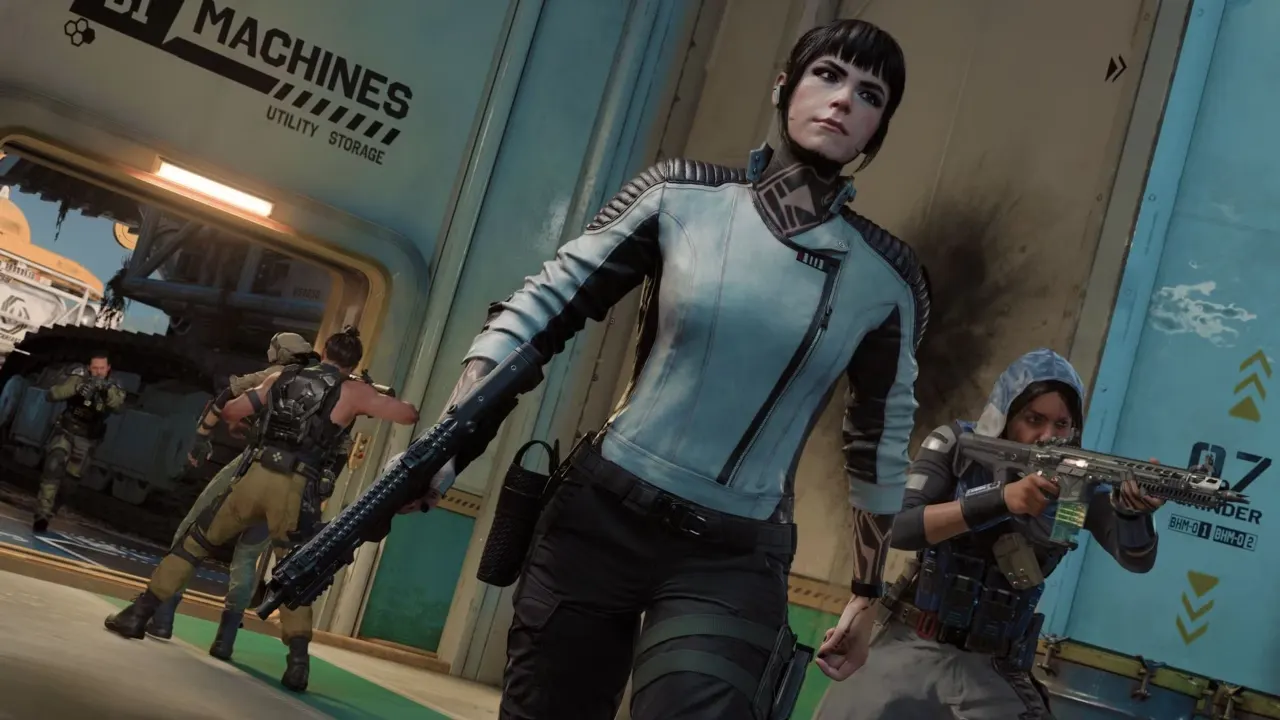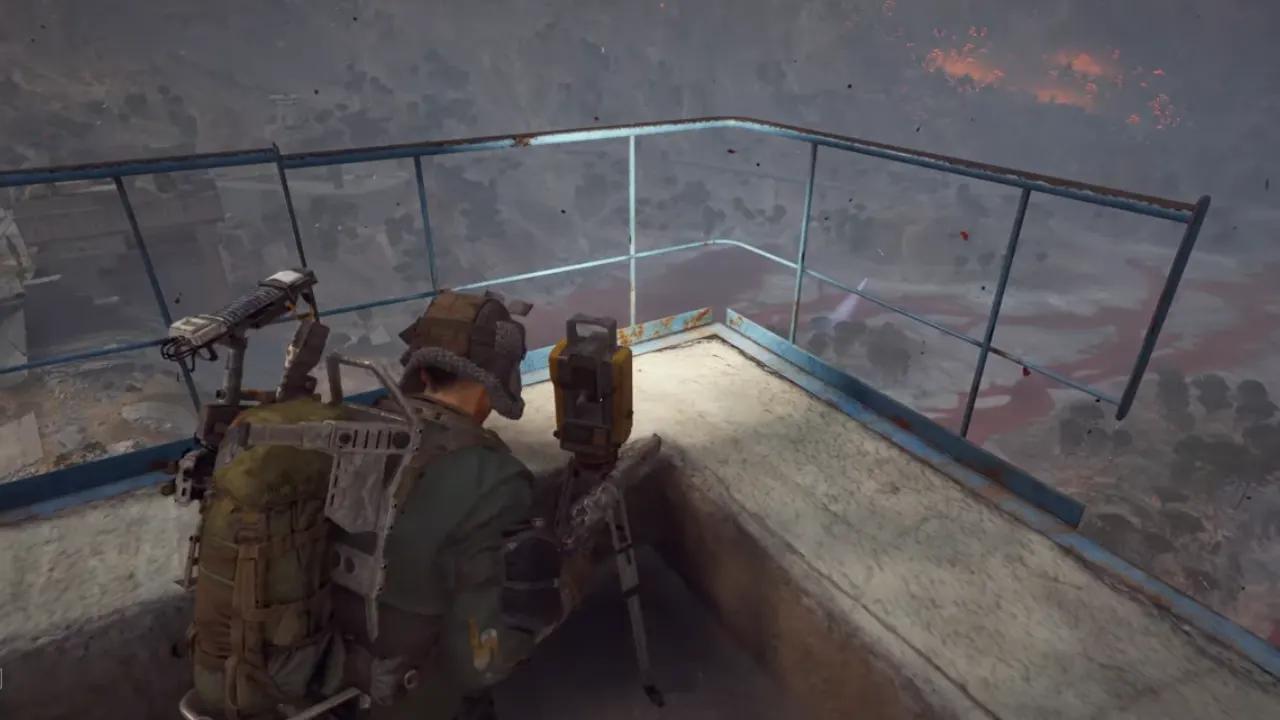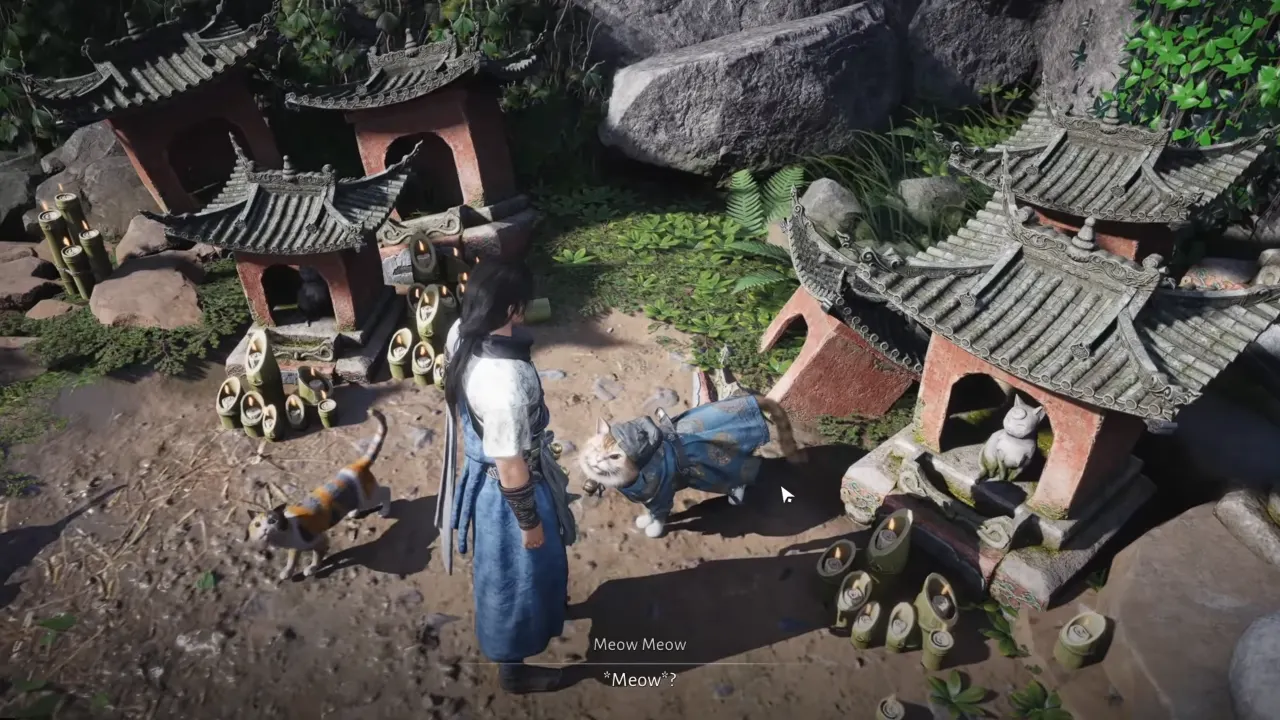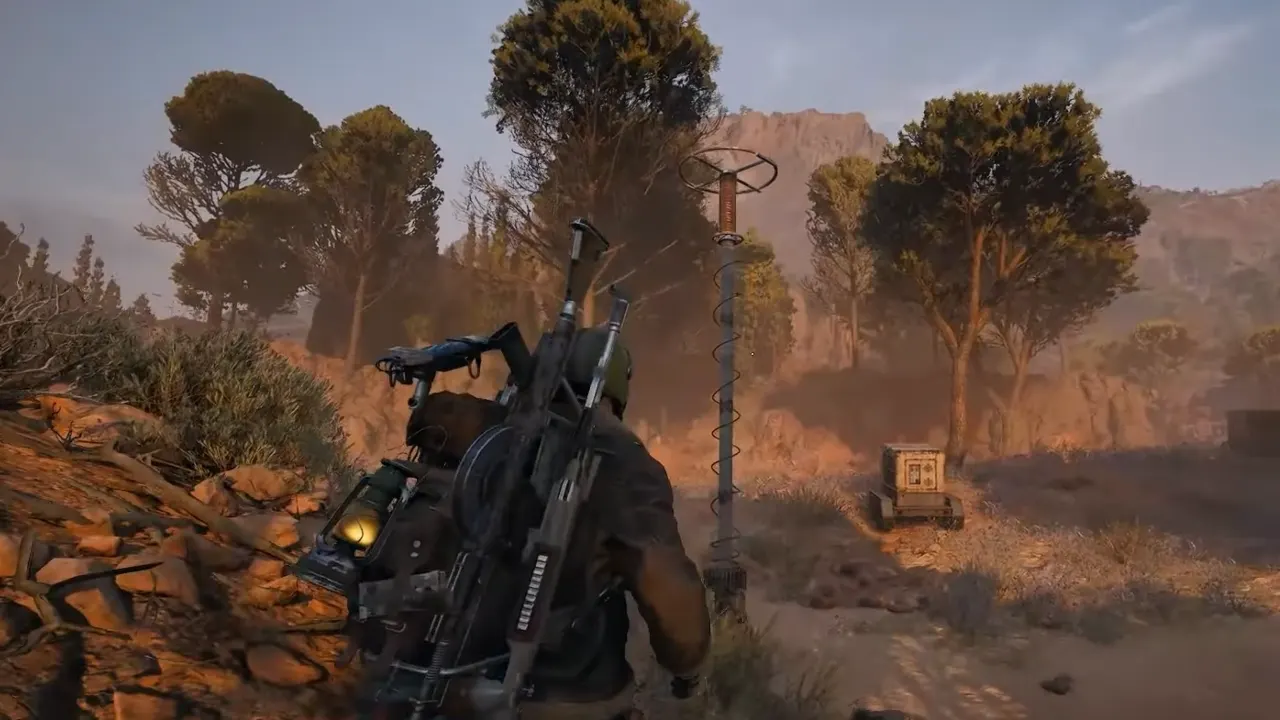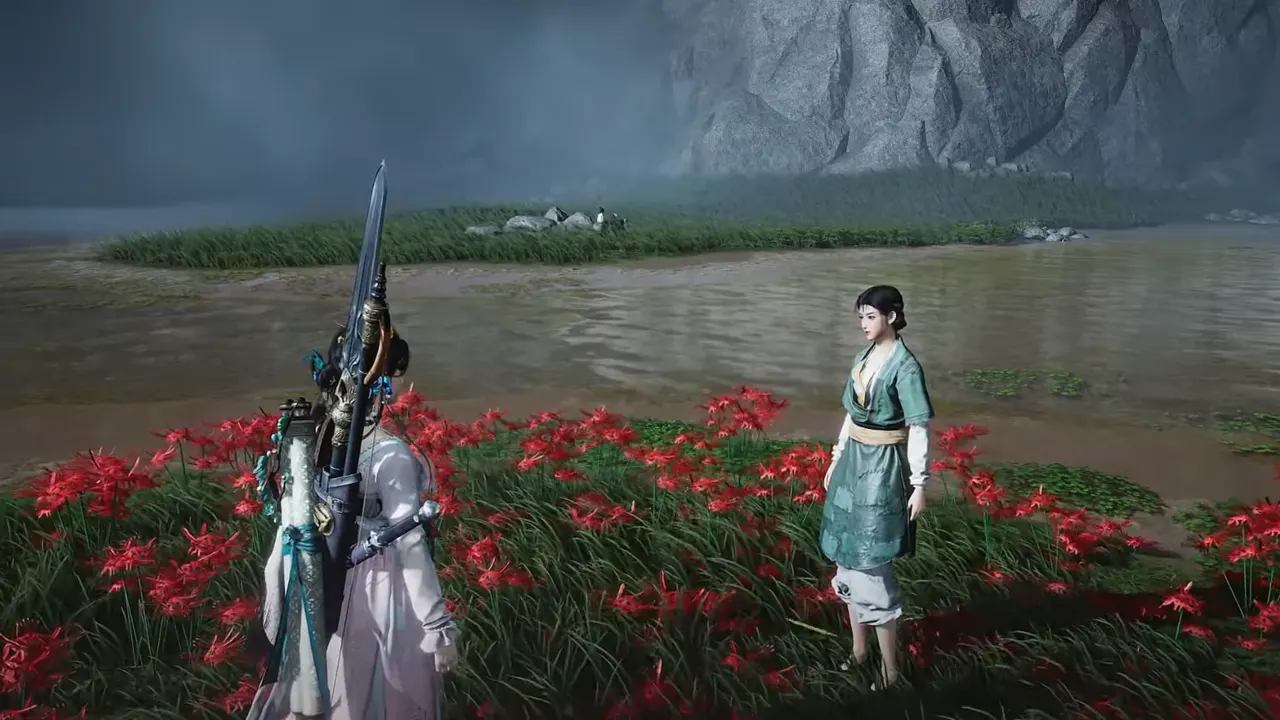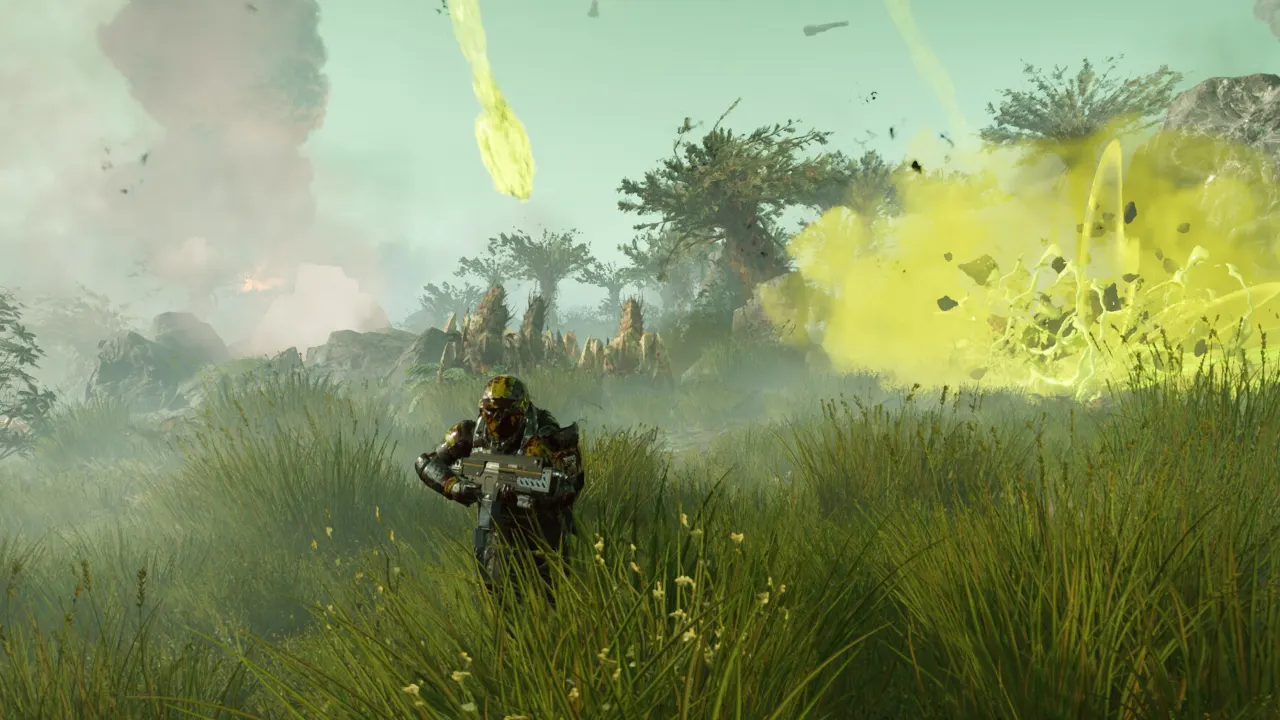Call of Duty has always thrived on its yearly cycle, but lately that cycle has become repetition than reinvention. Treyarch is about to launch Black Ops 7 just over a year after Black Ops 6, and even the studio admits they’re worried about burning players out.
In a rare moment of blunt honesty, Treyarch’s Senior Director of Production Yale Miller admitted what a lot of fans already suspect: two Black Ops games back-to-back might be too much for everyone. “I think the honest answer is yes. I worry about that,” Miller told CharlieIntel.
Miller further added, “Obviously, there was a plan with the two MW games and then this. We’ll see what the franchise does in the future. We’re excited about the opportunities it gave us, but we’d all be dead lying if we said we weren’t worried about that.” It’s not often you hear a Call of Duty developer openly acknowledge fatigue, but the concern is real.
Treyarch is Nervous About Black Ops 7
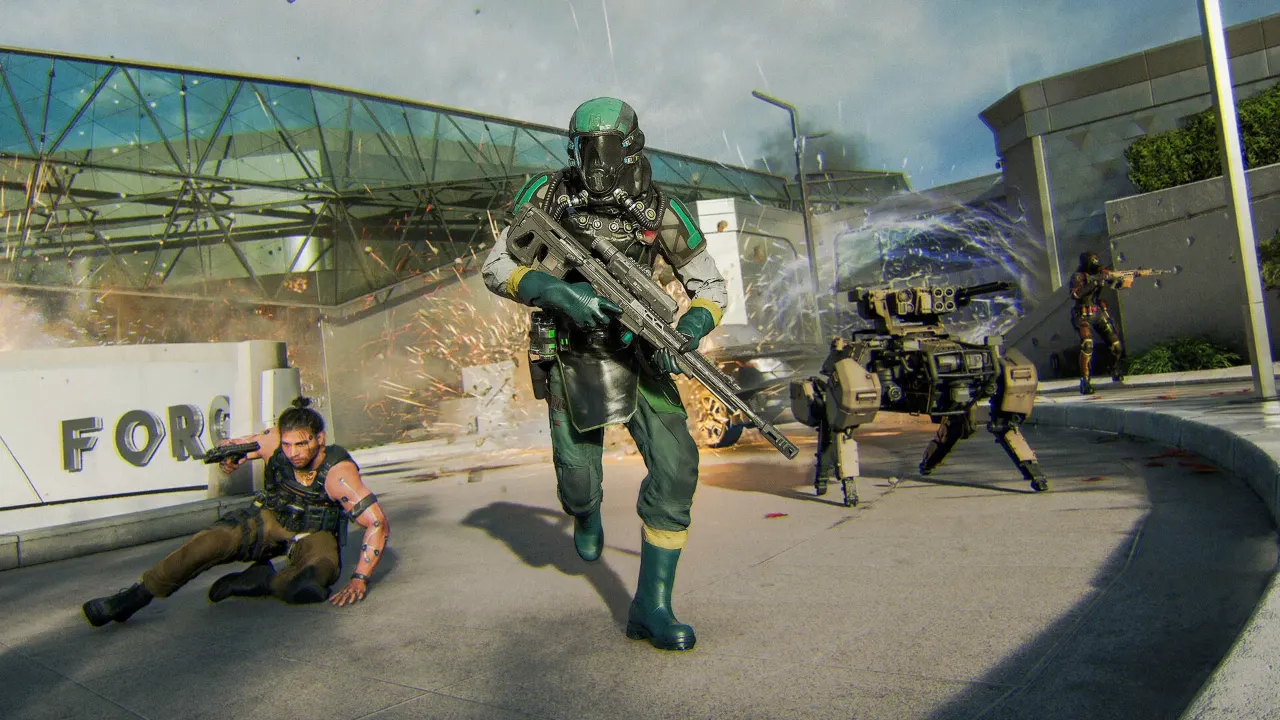
For years, Call of Duty titles have been released in shifts between sub-series like Modern Warfare and Black Ops, giving each launch its own space to breathe. That rhythm broke recently when Infinity Ward released Modern Warfare 2 2022 and Modern Warfare 3 2023 oned after the other and now Treyarch is following suit.
Black Ops 6 dug into the ‘90s Cold War era, while BO7 jumps to 2035 with a near-future twist. On paper, that’s a big enough leap to separate the two. But players don’t judge only by setting, they judge by feel. If the maps, modes, and progression loop don’t hit differently enough, the franchise risks spinning its wheels.
Treyarch’s strategy to fight off sameness is clear, to keep content flow nonstop. Black Ops 7 will arrive with 18 multiplayer maps, including classics like Raid, Hijacked, and Express, plus two massive 20v20 battlegrounds for the new Skirmish mode. Add in Japanese-inspired maps like Toshin (a neon-soaked city with a cat café) and Den (a sprawling fortress), and there’s a deliberate push for variety.
There is also a Zombies mode. Treyarch calls this year’s version “mind-bending,” with seasonal expansions lined up to keep players continue to grind long after launch. On top of that, high weapon prestige and weekly challenges further make progression rewarding than it’s been in years.
The Big Picture, Call of Duty’s Annual Burnout
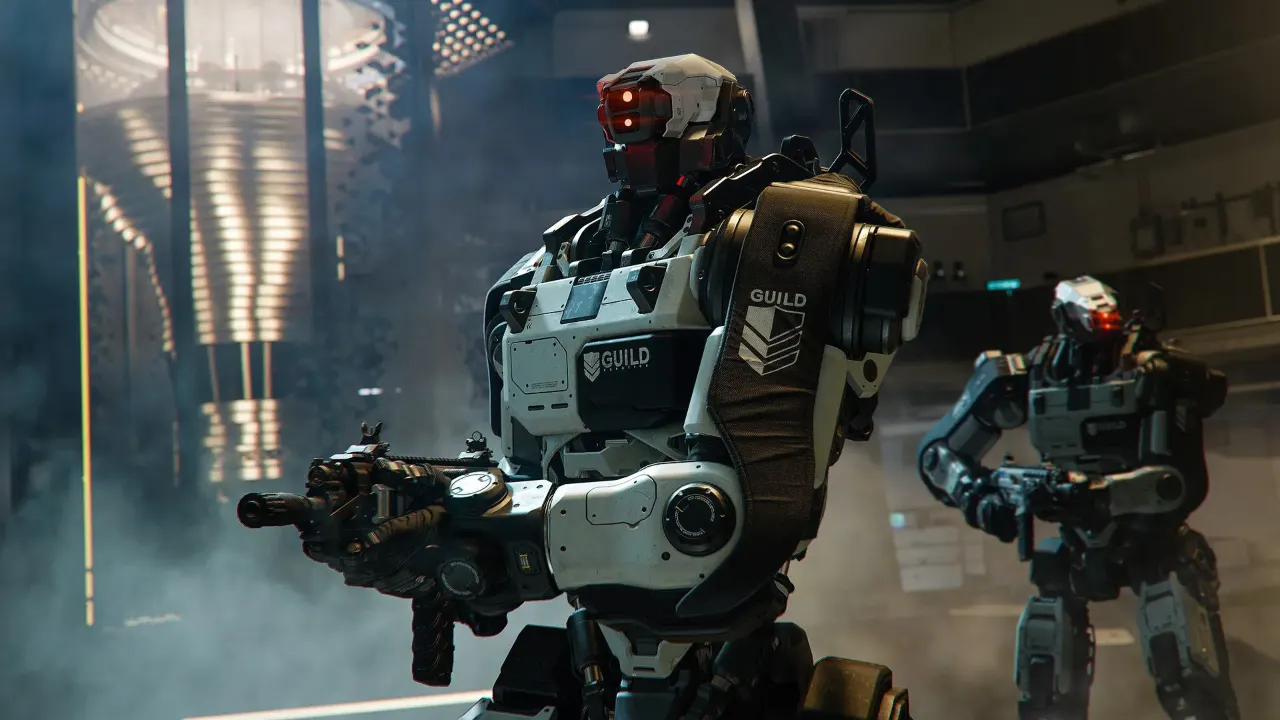
Call of Duty’s yearly schedule has always been both its strength and its weakness. Every fall, the hype is massive, sales shoot through the roof, and the game dominates Twitch and YouTube. But that energy rarely lasts. After the honeymoon phase, frustration sets in with cheaters creep into lobbies, weapon balance drags, and the same gameplay loop becomes predictable.
Another sticking point is tone. While some fans love the wild crossover skins and pop-culture bundles, plenty of genuine players think the franchise has drifted too far from its grounded, military roots. The result? Engagement spikes early, then steadily falls away.
That’s why Treyarch’s honesty about Black Ops fatigue matters. Oversaturation has already sunk excitement in other mega-franchises like Marvel, and Call of Duty risks heading down that same path, especially when it doubles up on the same sub-series two years in a row.
I’ve been a loyal supporter of Call of Duty since the early Black Ops days. I respect Treyarch for acknowledging the problem out loud. It’s a rare sign of awareness in a franchise that is usually locked into its release schedule.
Black Ops 7 looks stacked with content, and its futuristic setting could give it a fresh identity, but the big question is whether players are ready for another Black Ops so soon after the last one. Marvel couldn’t escape fatigue. Call of Duty might be staring down the same reality.

